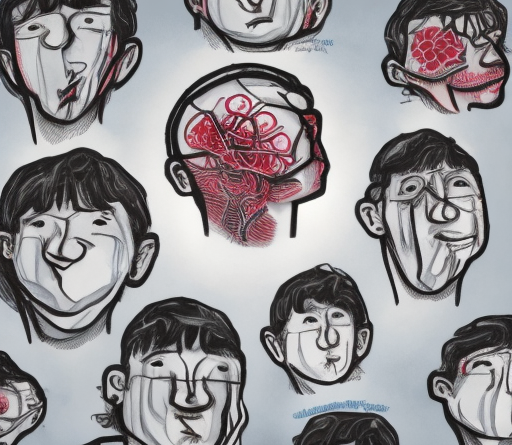Breaking the Silence: The Shocking Reality of America’s Mental Health Care System
John D. is a young man living with severe depression and anxiety. He struggles to find a therapist who can see him regularly due to high demand and long waiting lists. When he finally does get an appointment, it is difficult to afford the high copayments, and he cannot always take time off work to attend appointments during business hours. As a result, John’s mental health continues to suffer, and his productivity at work is affected.According to the National Institute of Mental Health (NIMH), 51.5 million Americans experience mental illness each year, with depression and anxiety being the most common disorders.
Unfortunately, the mental health care system in America has significant flaws that prevent many individuals from receiving adequate care. The Substance Abuse and Mental Health Services Administration (SAMHSA) reports that only 43% of adults with a mental illness received treatment in the past year.
One of the main barriers to accessing mental health care is cost. The National Alliance on Mental Illness (NAMI) states that mental health treatment can be expensive, with some individuals facing out-of-pocket costs of over $5,000 per year. Additionally, many insurance plans have limited coverage for mental health services.
Another issue is a shortage of mental health professionals. The Health Resources and Services Administration (HRSA) reports that over 60% of counties in the U.S. do not have a single practicing psychiatrist, psychologist, or social worker. This lack of access to mental health care providers can lead to delays in receiving treatment or, in some cases, no treatment at all.
Additionally, there is a significant stigma associated with mental illness in the U.S., which can prevent individuals from seeking help. The American Psychological Association (APA) reports that only 25% of adults with a mental illness believe that others are compassionate and understanding towards people with mental health issues.
These statistics illustrate the significant shortcomings of America’s mental health care system. It’s clear that more needs to be done to increase access to affordable, quality mental health care and to reduce the stigma associated with mental illness.



